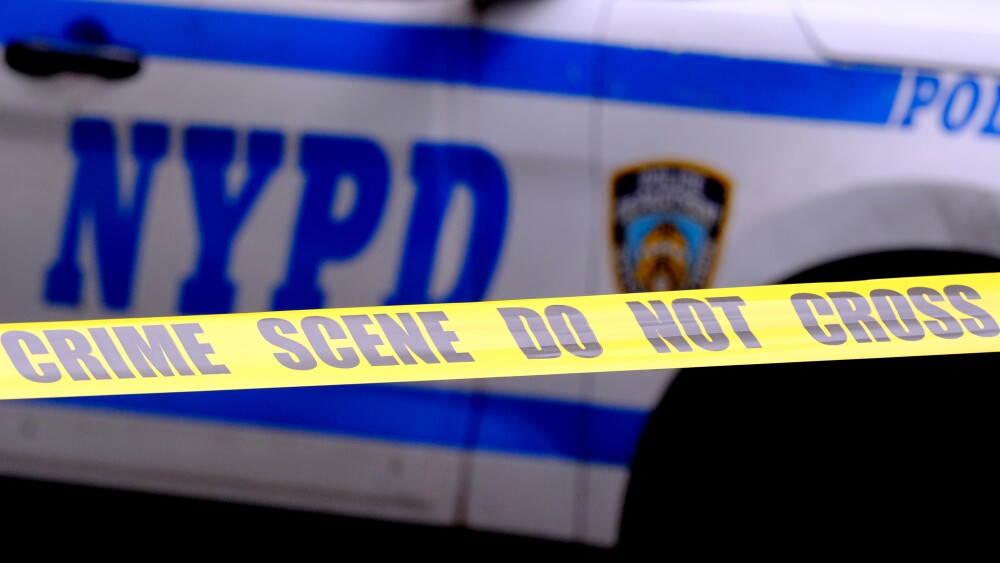New York Daily News
NEW YORK — NYPD officers must document every investigative encounter with civilians, including ID checks, under a bill passed by the City Council on Wednesday — but whether the measure will become law remains unclear as Mayor Eric Adams opposes it and hasn’t ruled out a veto.
Under current law, city cops only need to complete a so-called “Stop Report” for Level 3 encounters, which are defined by the NYPD patrol guide as incidents where there’s a “reasonable suspicion” of a crime in progress. Such reports must include information on every person stopped as part of an encounter as well as details about what led to it, the suspected crime that prompted it and a description for any search that may have been conducted during it.
The Council bill — which passed in a 35-9 vote, a veto-proof majority, with three abstentions — would make it so NYPD officers are also required to produce stop reports for Level 1 and Level 2 encounters.
Level 1 encounters are defined by the patrol book as instances where cops have an “objective credible reason” to approach a civilian to request information, like his or her personal identification or home address, without necessarily suspecting them of criminal activity. Level 2 encounters are defined as those where cops have a “founded suspicion of criminal activity” involving the person being stopped based on either “observable conduct or reliable hearsay information.”
Public Advocate Jumaane Williams, the main sponsor of the bill, said before the vote that requiring stop reports for Level 1 and Level 2 encounters will discourage officers from engaging in “bias-based policing” against Black and Brown New Yorkers, making them think twice before questioning someone without adequate reason.
Council Speaker Adrienne Adams, the chamber’s top Democrat, backed Williams up and said improving police transparency will also help improve community trust in the NYPD.
“The trauma and conditioning related to these stops have an impact on the relationship and trust communities have with police, particularly when they occur with no transparency,” the speaker said. “They can be intrusive and they can be disruptive to the daily lives of residents, students and essential frontline workers, like teachers and workers, and they should not happen in the shadows.”
The mayor, the NYPD, the Council’s Republicans and some of its moderate Democrats counter that the bill would put an unnecessarily heavy bureaucratic burden on cops.
In an appearance on Fox5 on Wednesday morning, Adams declined to say whether he will veto the bill. But he affirmed he opposes the legislation because it would “take police officers from doing protection to paperwork.”
“If a police officer is looking for a missing person, every person he stops to ask and investigate, criminal or not, he needs to document that,” Adams, a retired NYPD captain, said.
“Let’s say it’s just one person, it’s 3-5 minutes,” Adams continued, referring to the time he says it takes to compile stop reports. “But if there’s 20 people, do the math: It’s 100 minutes.”
Williams and other supporters of the bill say the mayor’s claims are wrong.
The public advocate, a progressive Democrat who often clashes with the more moderate-minded mayor, said reports for Level 1 and Level 2 stops should not take longer than “literally 10-20 seconds.” The legislation also ensures that filing the reports will be easily done via a cellphone app.
“The bill the admin is discussing is not the bill the Council is passing,” Williams said, referring to the mayor’s administration.
If the mayor opts to veto the bill, the Council’s Democratic majority could override it with support from two-thirds of the chamber’s members. Since the bill passed with support from 35 of the Council Democrats, the speaker could lose one of her members and still manage to override a veto.
Before the vote, the speaker did say her body will attempt to override the mayor should he move to veto.
At a rally against the bill outside City Hall before the vote, Council Minority Leader Joe Borelli, the chamber’s top Republican, said he expects the mayor to use his veto pen.
“We believe he will,” said Borelli, who slammed the the bill as “just downright bad policy.”
_______
©2023 New York Daily News.
Visit at nydailynews.com.
Distributed by Tribune Content Agency, LLC.


